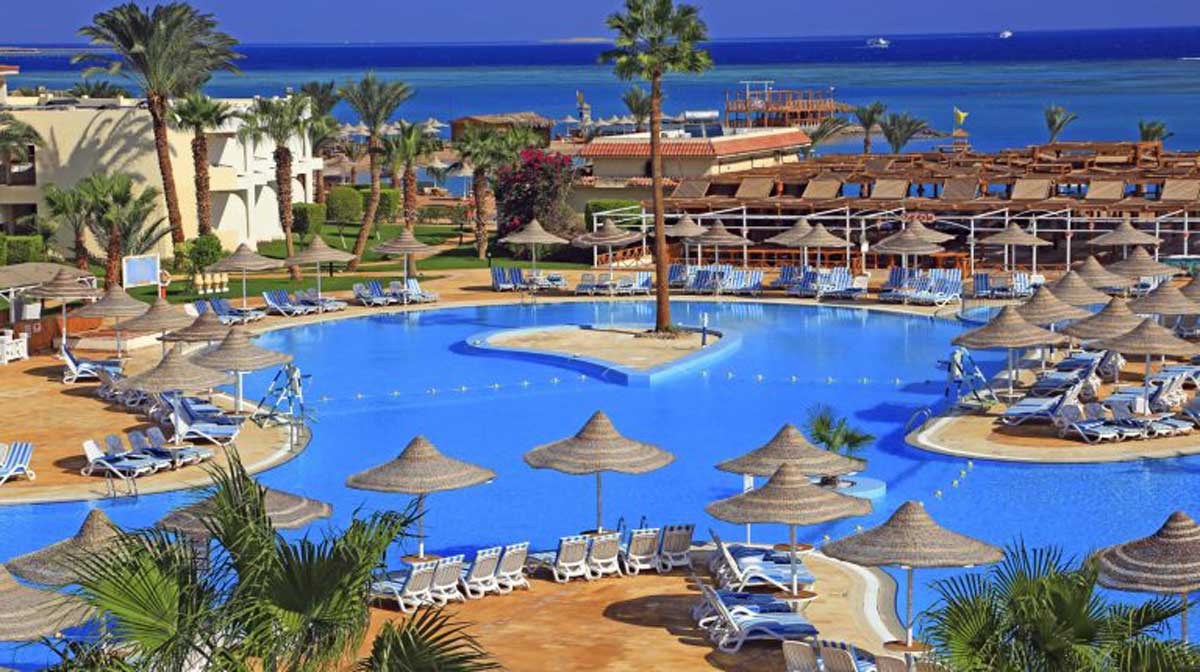Russia and Ukraine accounted for a combined 3% of global international tourism spending in 2020, and at least $14 billion in global tourism revenue could be lost if the conflict drags on for long, according to the latest report from the World Tourism Organization (UNWTO).
UNWTO explained that the importance of both markets is significant for neighboring countries, as well as for European solar and maritime destinations. She added that the Russian market has also gained significant weight during the pandemic for long haul destinations such as the Maldives, Seychelles or Sri Lanka.
As destinations, Russia and Ukraine account for 4% of all international arrivals in Europe, but only 1% of international tourism receipts in Europe in 2020.
UNWTO noted that while it is too early to assess the impact, searching and booking flights through various channels showed a slowdown in the week after the invasion, but began to recover in early March.
Hisham Al-Demeri, former chairman of the Egyptian Tourism Development Council, told Daily News Egypt that in recent times Egypt has been dependent on Ukrainians and Russians, as they accounted for between 45 and 55% of tourists arriving in the country.
Agreeing with Al Demery, Elhami Al Zayat – the former chairman of the Egyptian Tourism Federation (ETF) – told Daily News Egypt that the conflict has negatively affected the number of tourists arriving in Egypt, especially in Sharm el-Sheikh, leading to a decrease in employment in the tourism sector.
Al-Zayat explained that the conflict had a negative impact on the number of tourist arrivals, but it did not affect income too much.
He went on to explain that Ukrainian and Russian tourists are mainly engaged in beach tourism, and their average level of spending is low, so their absence can be compensated, given that there is now a resurgence of cultural tourism in Egypt.
Al-Zayat continued that beach tourists visiting the Red Sea and Sinai are certainly important to the country, however cultural tourists are more important as they use more domestic services such as local transportation, visiting museums and shopping at local bazaars, so average spending a cultural tourist is higher than a beach one.
He also stressed that there are strong signs that cultural tourism is making a comeback, stressing that demand for it is growing, especially with archaeological discoveries expected in 2022.
In addition, the UNWTO said that the war in Ukraine creates new challenges for the global economic environment and risks preventing a return of confidence in global travel.
Al Demeri said the conflict has led to an economic downturn, forcing the world’s citizens to put travel plans on the back burner.
According to the latest UNWTO data, in January 2022 the number of international tourist arrivals more than doubled (+130%) compared to 2021 – 18 million tourists registered worldwide in the first month of this year, equal to the total increase for the entire 2021
“While these numbers confirm a positive trend since last year, the pace of recovery in January was affected by the emergence of the Omicron option and the reintroduction of travel restrictions in several directions. After a 71% decline in 2021, the number of international arrivals in January 2022 remained 67% below pre-pandemic levels,” the UNWTO said in a statement.
UNWTO noted that the Middle East (+89%) and Africa (+51%) also saw growth in January 2022 compared to 2021, however, these regions saw a drop of 63% and 69% respectively compared to 2019 year.
He concluded by noting that after an unprecedented drop in 2020 and 2021, international tourism is expected to continue its gradual recovery in 2022.
Regarding Egypt, Al Demeri said Egypt also had a good tourist season with strong numbers in January and February compared to 2021.
He also expects tourism figures in Egypt to start picking up in May as Arab tourists arrive in Egypt.

